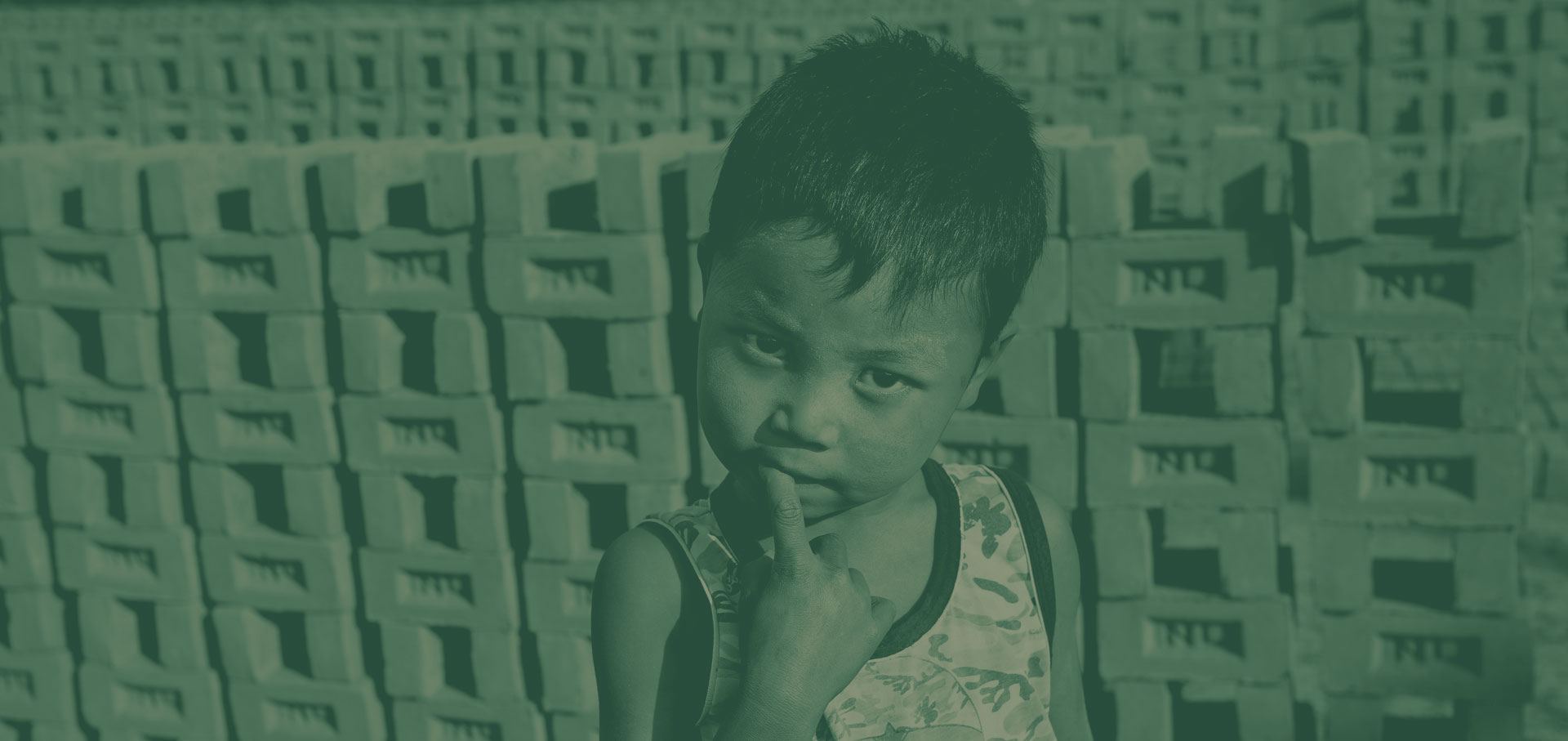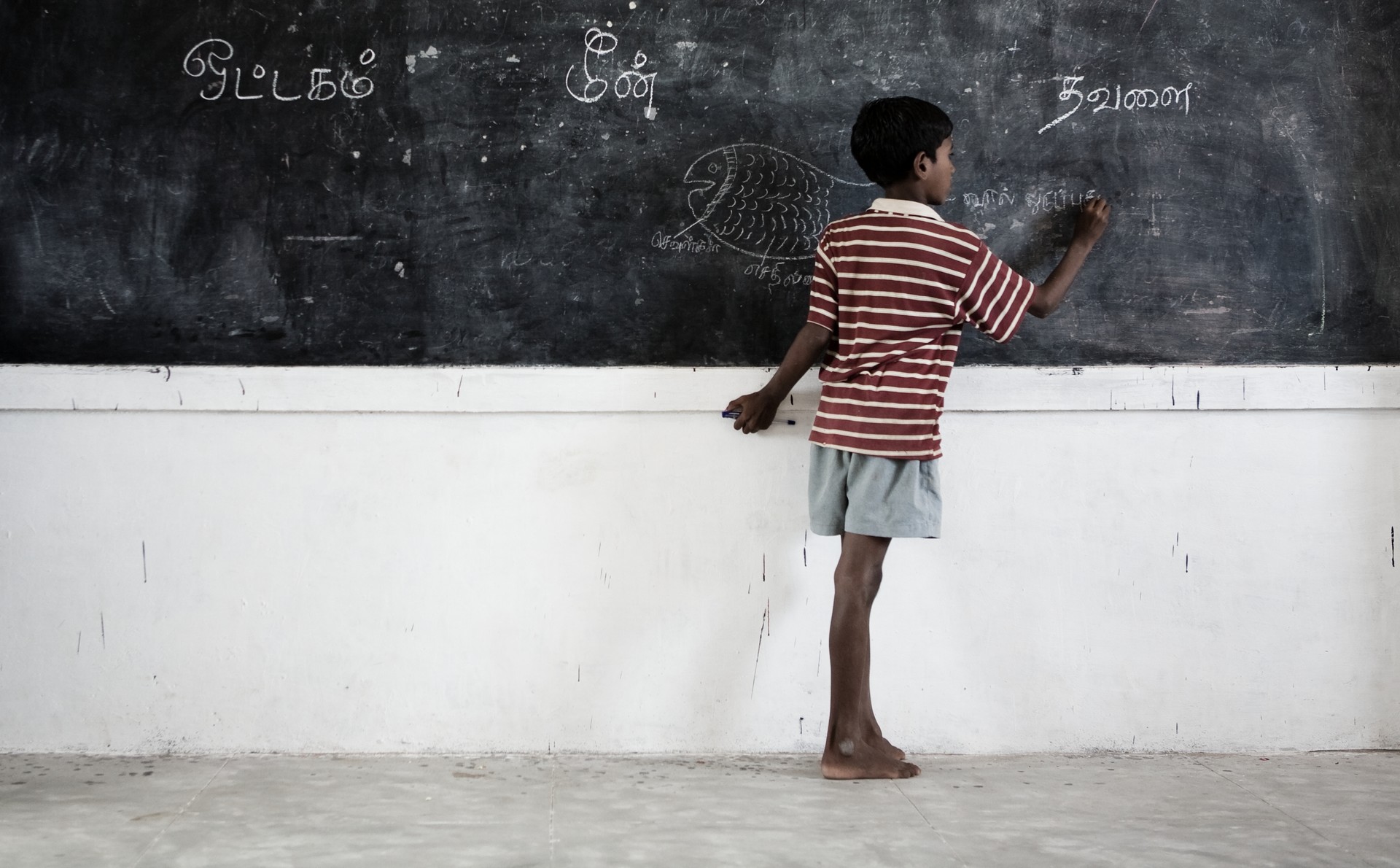In India the exploitation of child labour is one of the worst scourges. In spite of exploitation of child labour being illegal, even now millions of children are forced to work in brick factories and mines.
India has one of the highest rates in the world of exploitation of children, with more than 40 million child workers. An astounding 23% of GNP comes from child labour: there are 30 million living on the streets and 100 million who don’t go to school.
In the Tamil Nadu region, one of the poorest in India, many families work in conditions of semi-slavery in the rice mills and the brick factories. They live on the work site in temporary housing without electricity or toilets. The children don’t go to school, but go to work with their parents to help the family economy. Millions of people live with barely one dollar a day: wretchedness and poverty are at the root of child exploitation.
Since 2005 Cesvi has been running two Houses of Smiles in the state of Tamil Nadu, where orphans, children of the lowest caste families, and child workers receive day and night assistance, schooling, clothing and medical care.
In 2016 the Houses took in 48 orphans, while 840 children received schooling and 60 youths followed training courses required for getting work.
The Cesvi staff also organise awareness and information meetings on important subjects such as the right to an education.
The Houses of Smiles are an important reference point where children and youths can feel protected and listened to, and also receive treatment, psychological support, teaching material and legal assistance.
Adil: a stolen childhood

Adil is a very fragile Indian child. He needs affection and protection and like all children he dreams of playing and going to school. But every day he goes to work with his parents to bring home that little food they need to survive. Every morning he wakes up at four and, on an empty stomach, he sets out for the brick factory.
His hands don’t write, draw or colour: they work from dawn to dusk under a baking sun making bricks. The factory owner forces him to work from morning to evening without pause, like a slave. After more than 14 hours Adil goes back home exhausted, eats a crust of bread and collapses on his bed.
So young a child ought to be thinking only of doing his homework, playing with his friends and being happy. The Cesvi project in India was set up precisely to help children like Adil who, every day, is robbed of a bit of his childhood and his future.
